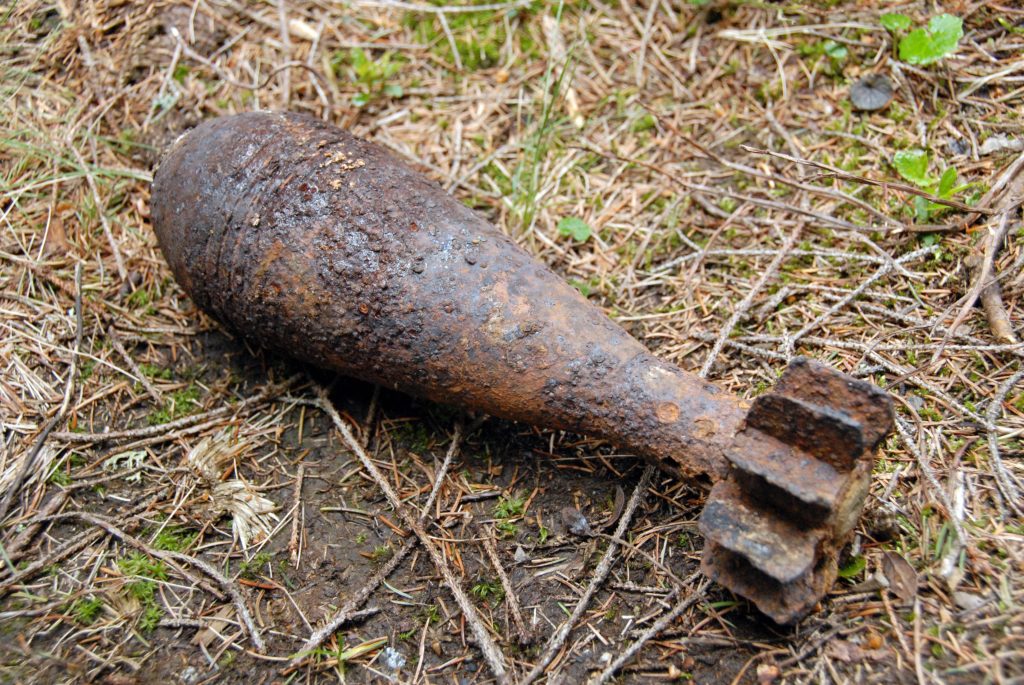A World War II bomb was found at the Unipetrol refinery in Litvinov, Czech Republic.
Others are reading now
A World War II aerial bomb was discovered over a week ago during excavation work at the Unipetrol refinery, the largest chemical site in the Czech Republic, located in Litvínov.
The bomb’s discovery on August 21 led to the evacuation of approximately 600 workers and the shutdown of the refinery and petrochemical plant.
Litvínov, an industrial city in northern Bohemia, is situated about 50 kilometers south of Dresden, Germany.
As reported by Kurier, the 500-pound British bomb was found equipped with a chemical-mechanical long-term fuse, which has become increasingly unstable over time.
Also read
A similar type of bomb caused the death of three people in Göttingen, Germany, in 2010 when it exploded during defusing.
To safely detonate the bomb, experts from the bomb disposal service constructed a five-meter-high and six-meter-wide protective wall made of sandbags around the site.
Additionally, the disposal team established a two-kilometer security zone around the Unipetrol refinery, prohibiting entry, and implemented a no-fly zone, which included drones.
The controlled explosion was carried out shortly after midday, with the detonation triggered remotely from a safe location. A massive dust cloud from the explosion was visible from afar, as shown in television images.
According to initial reports from the scene, there was no significant damage after the explosion, despite the bomb being found less than 20 meters from pipelines carrying chemical products. Before operations at the Unipetrol refinery and the surrounding petrochemical plants can resume, a thorough inspection of the facilities will be conducted.
The Unipetrol refinery, owned by the Polish Orlen Group, had its operations temporarily halted due to the incident.
During World War II, the site where the refinery now stands was home to the Sudetenland fuel works, which produced synthetic gasoline from brown coal. The Allies conducted multiple air raids on the factory between May 1944 and March 1945 in an effort to disrupt the supply of fuel to the German forces.


